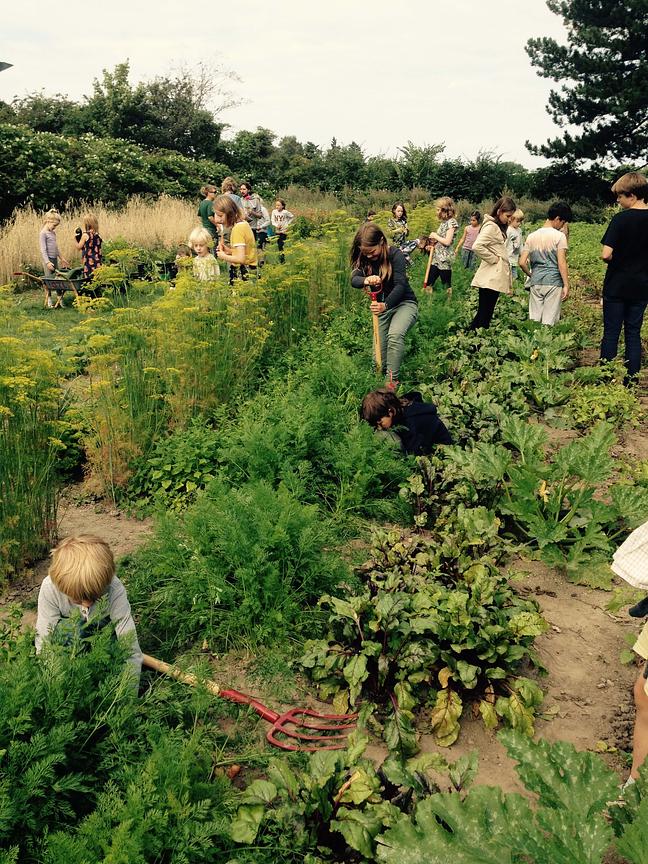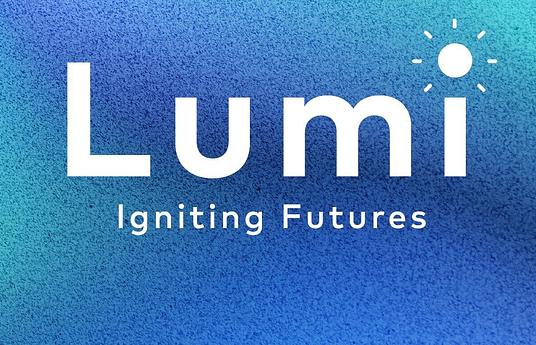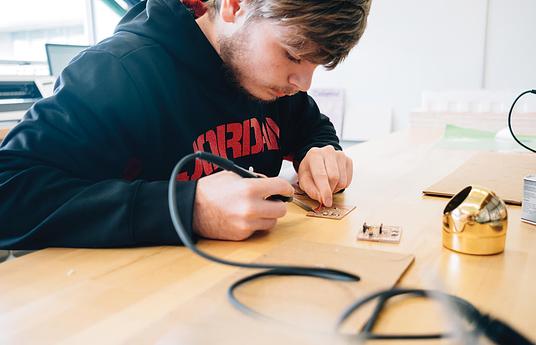How can learners be equipped to be at the cutting edge of knowledge production? How can education promote life-long deliberatelearning? How can young people develop the tools to unlearn and discard obsolete knowledge? How can learners be taught that knowledge is not monolithic and distant, attainable only through teachers, books or screens?
The goal of Den Grønne Friskole (The Green Free School) in Denmark is to foster a confident, creative and proactive approach to learning. In doing so, the school hopes to educate children who will participate actively in meeting environmental, political and social challenges and transitioning to a more sustainable global society.
Den Grønne Friskole aims to frame traditional content in such a way that the act of learning positions young people in different roles, demonstrating that there are different kinds of knowledge.Students learnto interact with the world, information and one another in such a way that they become knowledge producers.
Learners work only on projects, focusing on various themes. The school gives the same importance and time to arts and crafts as they do to academic disciplines. One day each week is spent in the school gardens. Students get out of the classroom every day, learning in the park or working in the school yard. They go on field trips every week, to museums, nature spotsor local businesses.
There is little focus on organised sport, yet movement is central to the school day. Long breaks between lessons give an opportunity for learners to have their physical, social and emotional needs met through activities like yoga, dancing or climbing trees. Learning activities that require lots of movement are integrated into lessons.
The school’s most important innovation is Snail-Based Learning, a structure created by Beverly Derewiankabased on her observations of how children naturally learn. This form of learning teaches children an alternative model of knowledge to that which is commonly practiced in classrooms around the world.It positions young people as knowers of different kinds and engages them in a knowledge practice that is both creative and reflective.
Snail-Based Learning is free, easy to implement in a short lesson, a one-day field trip or a longer project. It is a sophisticated tool that lets teachers planlearning experiences in order to educate children to be confident, proactive knowledge producers.



